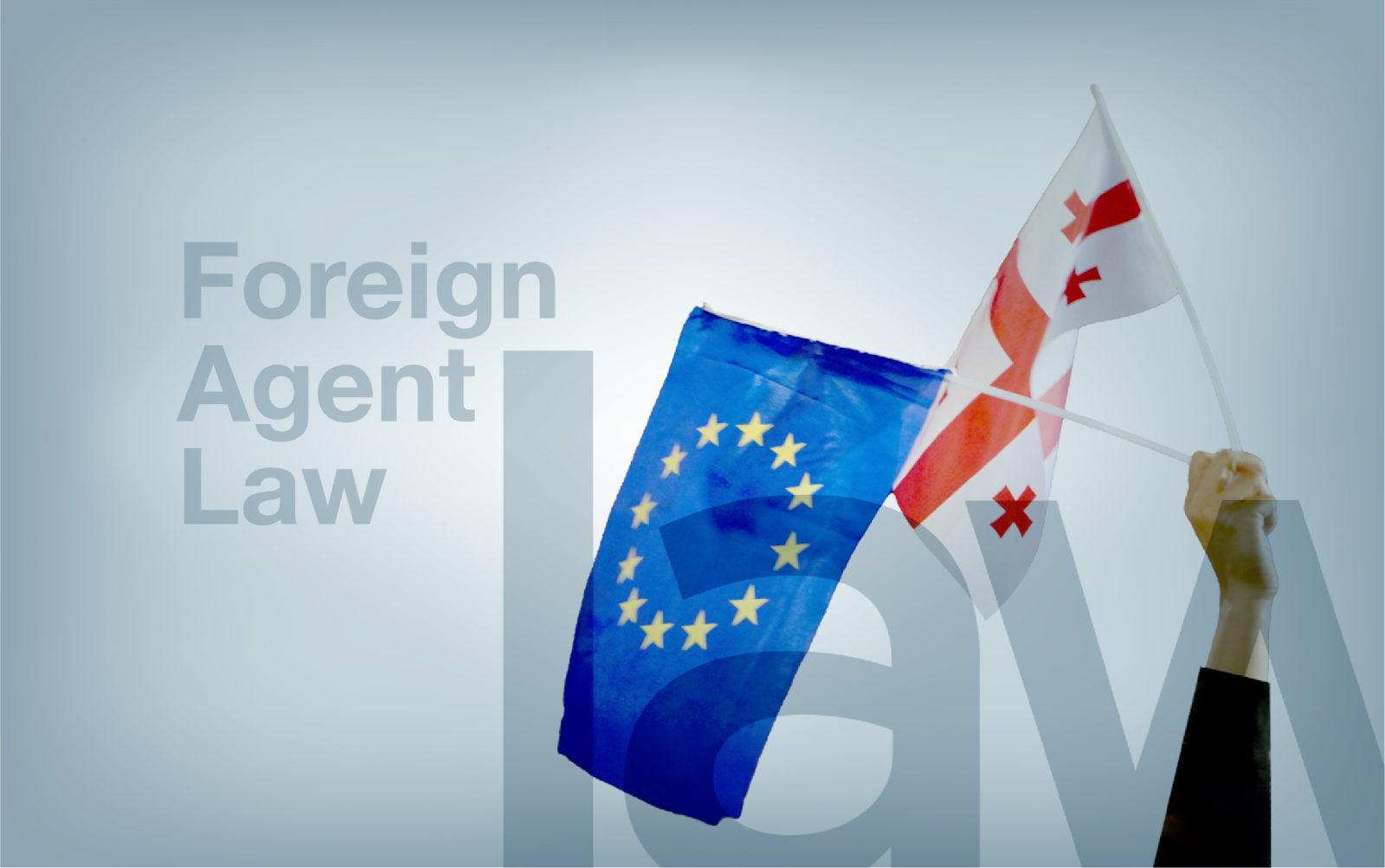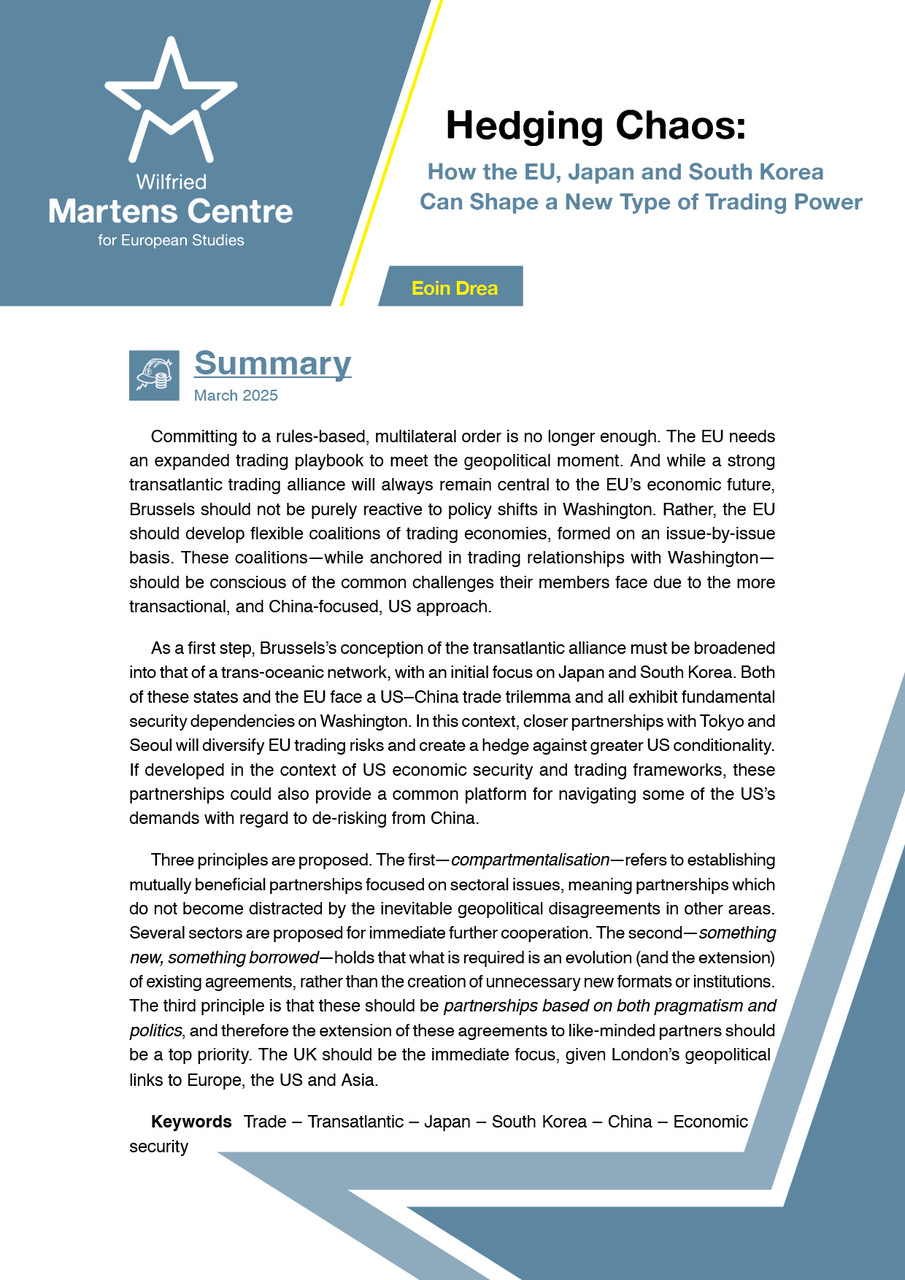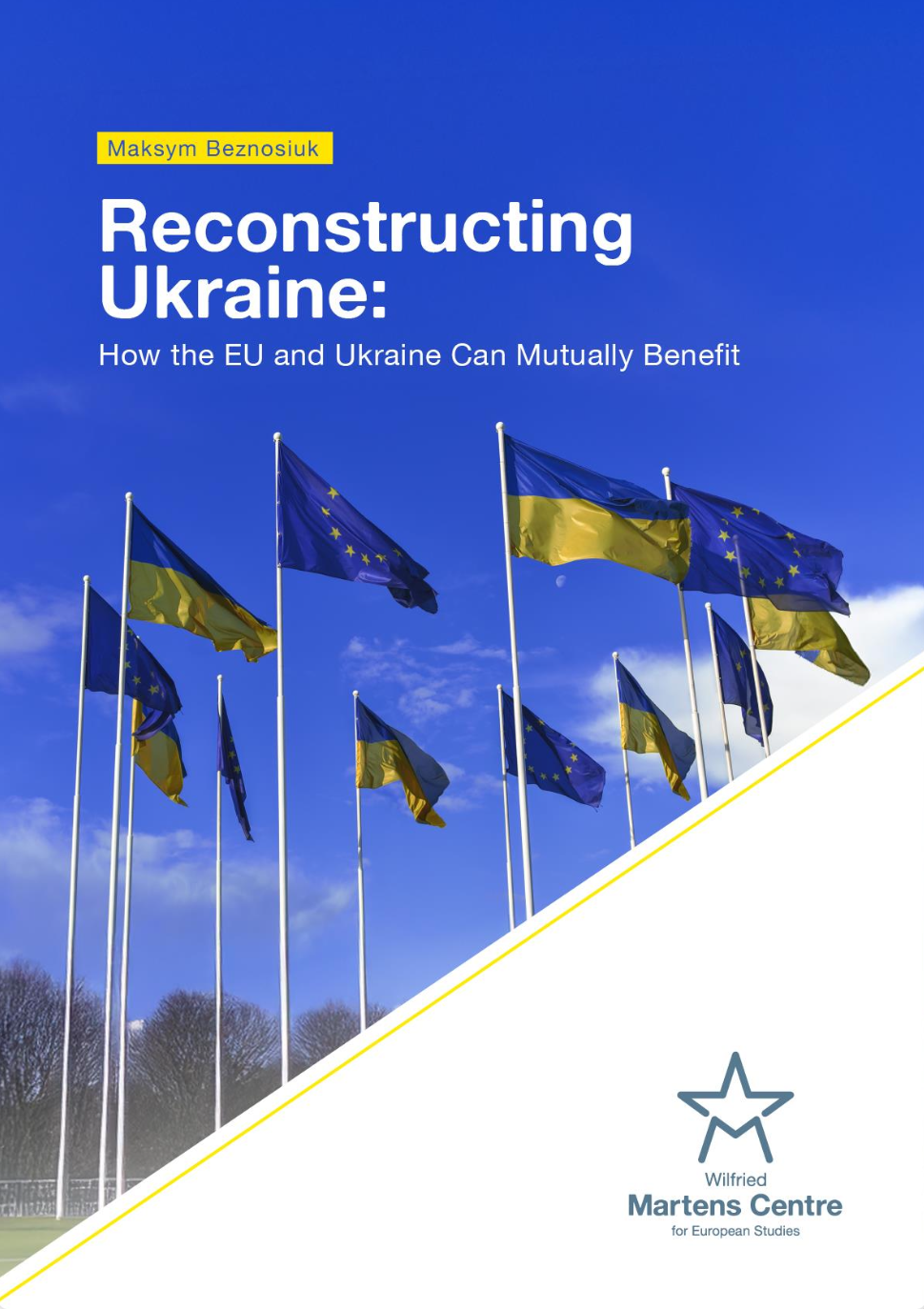Georgia’s Foreign Agent Law: A Russian Strategy Unfolding Across Eurasia?
31 May 2024

As we watch the dramatic images of Georgian citizens demonstrating against the “foreign agent” law in the capital, Tbilisi, it would be mistaken to see the case of Georgia as an isolated incident. A concerning trend has recently emerged across various Eurasian regions, driven by the shadow of Russian influence.
The introduction of so-called “foreign agent” laws, reminiscent of Russia’s own restrictive measures, has not been limited to Moscow alone, but extends to countries like Georgia, Kyrgyzstan, and territories such as Abkhazia. Even in Bosnia and Herzegovina and Serbia, similar legislative efforts have been proposed, indicating a broader, possibly coordinated strategy by Russia’s proxies to undermine civil society and democratic norms across its sphere of influence.
Georgia’s foreign agent law, a precedent for repression which closely mirrors Russia’s infamous legislation, aims to label and restrict the activities of organisations receiving foreign funding. Introduced in early 2023, this move has sparked significant backlash from civil society groups, who view it as a direct threat to freedom of expression and association.
The law’s introduction in Georgia can be seen as a critical component of Russia’s broader strategy to stifle dissent and maintain control over its neighbours. The law, not yet even fully approved, is already used by the government to suppress opposition and civil society groups. Though people at large are very critical of the government and development, there are serious concerns about the fairness of the upcoming elections in the autumn of 2024.
Kyrgyzstan is following suit. In April 2024, Kyrgyzstan’s President Sadyr Japarov signed into law a similar bill requiring NGOs receiving foreign funds to register as foreign agents. This law imposes stringent reporting requirements and exposes these organisations to public suspicion and governmental scrutiny, effectively curtailing their ability to operate independently. The move aligns Kyrgyzstan closer to Moscow’s authoritarian playbook, undermining the country’s democratic institutions and civil society.
In Abkhazia, the Russian-occupied province of Georgia, the de facto authorities introduced a foreign agents law in October 2023 as a tool to further occupation. This legislation is part of Russia’s broader strategy to consolidate its control over the territory, which it has recognised as an independent state despite international condemnation. The law further isolates Abkhazian civil society from external support, deepening its dependence on Russian political and financial backing.
Similarly, In April 2024, the Ministry of Justice in the Republic of Srpska of Bosnia and Herzegovina published a draft law similar to the one in Georgia and Kyrgyzstan, ruling that civil organisations that receive funding or support from foreign entities would be required to register in a special registry. The law was announced in 2022 by Milorad Dodik, the President of the Republic of Srpska, with the timing of the adoption being unclear. The draft has been criticised for violating Bosnia and Herzegovina’s human rights commitments and goes against its EU accession aspirations.
Serbia is also witnessing a debate on the introduction of a foreign agent law. Announced in April 2024 by Serbia’s small Movement of Socialists party, this proposal aims to restrict the activities of foreign non-governmental organisations operating in the Balkan country. This legislation would delegitimise and restrict NGOs that challenge the government or receive Western support. From the EU perspective, the intent is clear: The legislation, if ever approved, would reinforce Serbia’s alignment with Russian interests in the Balkans, further complicating the region’s fragile political landscape.
A Pattern of Influence
The synchronisation, timing and similarity of these legal initiatives suggest a coordinated effort by Russia to export its repressive tactics to neighbouring countries and territories. It should therefore not go unnoticed by the EU and the West. The introduction of foreign agent laws in Georgia, Kyrgyzstan, and Abkhazia, as well as similar proposals in Bosnia and Herzegovina and Serbia, highlight a disturbing trend of authoritarianism spreading under Russian influence.
By promoting foreign agent laws through its proxies and like-minded actors, Russia seeks to weaken civil society and reduce Western influence and support for democratic movements in these regions. This strategy is part of a broader geopolitical manoeuvre to solidify its sphere of influence and resist Western liberal democratic norms.
Recognising and countering this pattern is crucial for supporting democratic resilience and human rights in these regions. The EU, the West and the international community must stand in solidarity with those affected, ensuring that the voices advocating for democracy and freedom are not silenced.
ENJOYING THIS CONTENT








